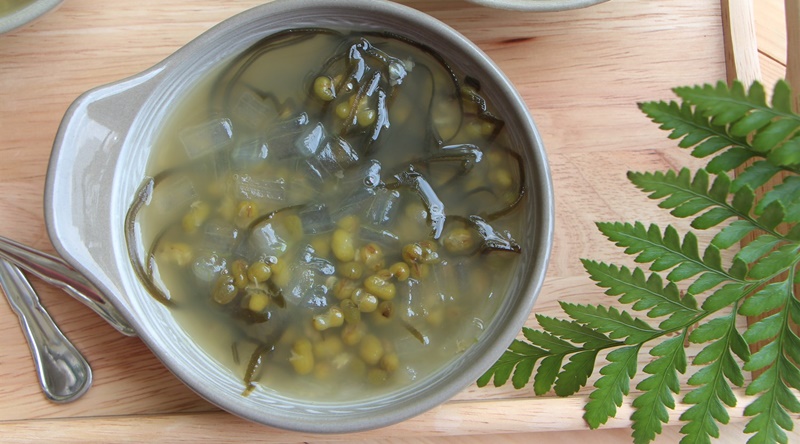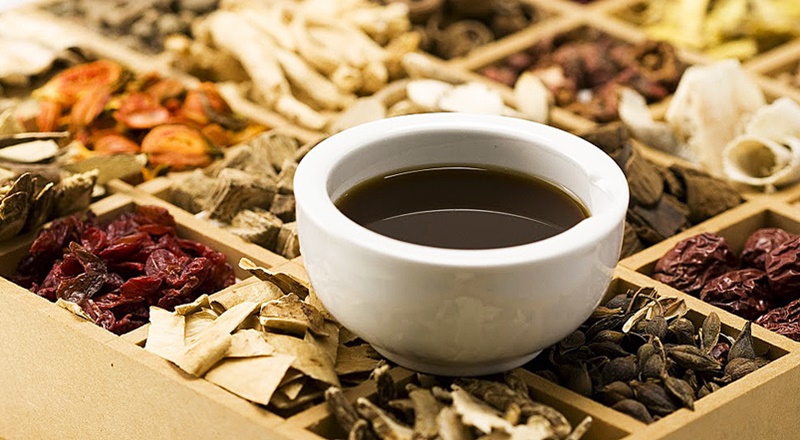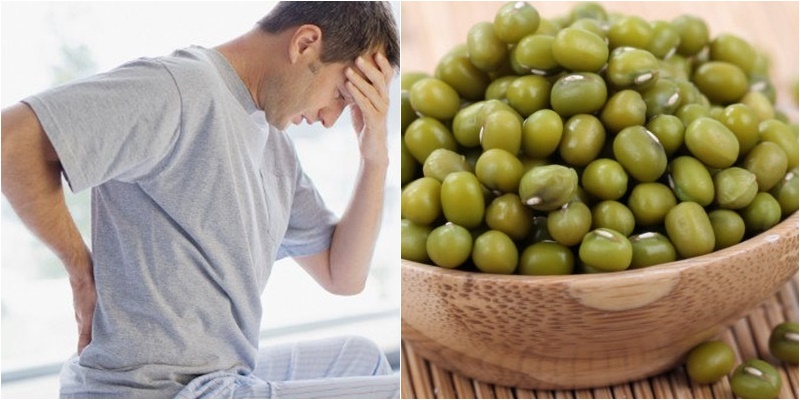## Some Precautions When Eating Mung Beans
Don’t Eat on an Empty Stomach
Mung beans have a cooling nature, so consuming them when hungry can cause stomach discomfort. It is advisable to eat mung beans after a meal to maintain good health.

Don’t Eat Every Day
– Excessive consumption of mung beans can lead to gastrointestinal issues and stomach problems. Women who eat large amounts of mung beans may experience gynecological problems such as painful periods, bloating, and leukorrhea.
– Therefore, it is essential to consume mung beans in moderation and not on a daily basis. For children, the recommended intake varies depending on their physique, but typically, children between the ages of 2 and 5 can include a small amount of mung beans in their diet. From the age of 6, they can start consuming adult portions, which is approximately 2-3 times a week, with 1 cup of mung beans each time.

Avoid Eating Mung Beans When Taking Traditional Chinese Medicine
According to the “Ben Cao Gang Mu” (Compendium of Materia Medica), mung beans have a sweet and cool nature, are non-toxic, and can counteract the effects of various herbs. Traditional Chinese medicine often utilizes a combination of herbs, and consuming mung beans while taking these medications can reduce their effectiveness. Therefore, it is recommended not to eat mung beans while taking traditional Chinese medicine.

Not Suitable for Those with a Cold Body Constitution
Individuals who experience frequent cold hands and feet, lack of strength, back and leg pain, and loose stools should avoid or limit their consumption of mung beans to prevent further health deterioration and aggravation of their cold body constitution.

How to Select Quality Mung Beans Free of Worms
 Mung Beans Free of Worms’>
Mung Beans Free of Worms’>Are you in search of the best quality mung beans? If so, here are some tips to help you choose fresh, quality beans that are plump and free of worms. Learn how to select and purchase the best mung beans for your needs!




































